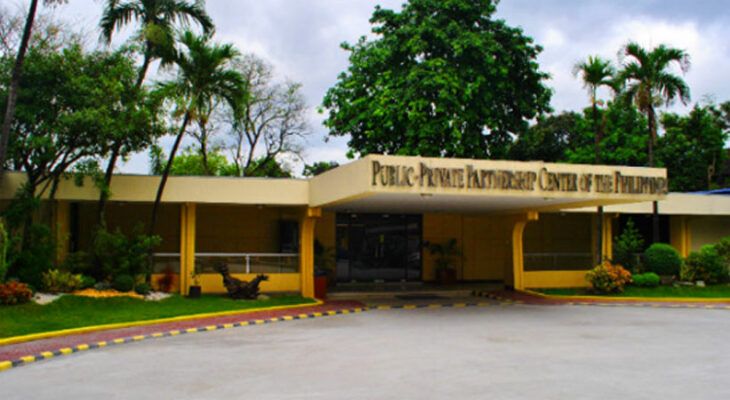In keeping with transparency and to get the public pulse about the implementing rules and regulations of Republic Act 11966, or the new Public Private Partnership Code, the PPP Center held a virtual public consultation via Zoom last January 23 that was broadcasted live on PPP Center's Facebook and YouTube Channel.
PPP Center Assistant Secretary Jeffrey I. Manalo, and Atty. Phebean Belle Ramos-Lacuna, Director of the Center’s Policy Formulation, Project Evaluation, and Monitoring Service, discussed major reforms introduced in the PPP Code, such as unifying fragmented legal frameworks on PPPs, streamlining the evaluation and approval process of national and local PPP projects, introducing frameworks and protocols in project monitoring, and strengthening enabling institutions for PPPs.
The online consultation session attracted a diverse audience, including national government agencies and regional line agencies, government-owned and controlled corporations, state universities, local government units, private sector organizations, and members of the general public.
The public consultation also aimed to highlight public interest measures which were included in the law such as mandatory disclosure of tender documents and PPP contracts, preferential use of Filipino labor, domestic materials, and locally produced goods, and administrative, civil, and penal sanctions for violating provisions of the Code.
“Your participation today is really a testament to the willingness of all relevant stakeholders to be part of this milestone legislation in the Philippine PPP Program. The success of the PPP Code, which was passed last year, lies in the well-crafted IRR,” Director Feroisa Francisca Concordia of the Center’s Capacity Building and Knowledge Management Service said.
The PPP Code of the Philippines, signed into law on December 5, 2023, and effective since December 23, 2023, mandates the IRR Committee to promulgate the IRR within 90 calendar days from the effectivity thereof, or by March 23, 2024.
Aside from unifying fragmented legal frameworks on PPPs, the Code also clarifies the approval of national and local PPP projects, establishes a predictable tariff regime that safeguards public interest and strengthens enabling institutions for PPPs, among others.
As enunciated by Socioeconomic Planning Secretary Arsenio Balisacan, the Code furthers the President's 8-point Socioeconomic Agenda of enabling high-quality job creation and inclusive growth by promoting investments in critical physical and social infrastructure.
“The PPP Code will enable much-needed development across various sectors and accelerate the delivery of public services necessary for economic growth and socioeconomic transformation. With its implementation, the government can harness PPPs to finance priority programs such as the Marcos Administration’s Infrastructure Flagship Projects (IFPs) and even social infrastructure in the education and health sectors. The law encourages leveraging private-sector expertise in process innovation, resource mobilization, and high-quality service delivery,” Balisacan added.
Complementing other investment-related measures implemented by the government, the PPP Code aims to strengthen and institutionalize PPPs in the country further, providing a unified legal framework such as Build-Operate-Transfer (BOT) variants, joint ventures, and toll operations agreements.
The law also reduces transaction costs and improves the ease of doing business for PPPs.
Among the salient features of the PPP Code are reforms that address bottlenecks and challenges that affect the implementation of PPPs. It aims to develop a more competitive and enabling environment for PPPs.
#PPP #PublicConsultation #OnlineConsultation #PPPCode #OpinYon #WeTakeAStand
